Kind: captions Language: en-GB
00:00:03
Welcome to “Let's talk about it” podcast — brought to you by Laaha
00:00:11
Laaha is an open, online platform where women and girls
00:00:15
can get information about their health, wellbeing, and safety.
00:00:22
Please remember: All content provided on the platform
00:00:25
is based on scientific knowledge for educational purposes only.
00:00:29
It is not intended to be a substitute for professional medical advice or treatment.
00:00:36
My name is Lydia and today we are going to talk about essential steps
00:00:41
you should know if you or someone you know was raped.
00:00:46
First, let’s talk about what you might expect from health services.
00:00:51
You may have to speak with a reception desk to be directed to the appropriate area of the health clinic.
00:00:58
These may be at the entrance to the health facility or the emergency room,
00:01:02
but some facilities may have social workers or more discrete places
00:01:06
where you can get information on where to go.
00:01:09
Unfortunately, not all health staff may be supportive or empathetic.
00:01:14
Remember, no matter what anyone says, this is not your fault and you have the right to access services.
00:01:22
You should be seen in a private, confidential area. If this is not the case or you do not feel comfortable,
00:01:28
it may be possible to ask for a more private examination room.
00:01:33
Some health facilities will automatically have a female doctor or nurse
00:01:38
available to provide treatment and care to women and girls.
00:01:42
But this is not always the case. You can ask to have a female health staff present,
00:01:47
though this may not be possible in all health facilities based on the staffing in a particular location.
00:01:54
If you are under 18, you may need an adult with you in order to access health care services.
00:02:01
If you do not have a trusted parent or family member, a social worker may be able to accompany you,
00:02:07
but this will vary by different locations.
00:02:10
There is a globally recognised set of treatments for survivors of rape
00:02:14
to prevent and manage possible health consequences.
00:02:17
It is recommended that survivors access clinical care as soon as possible after the incident.
00:02:23
You have the right to have complete information
00:02:26
on the treatment options and to decide for yourself what is done.
00:02:30
You might need to pay for this type of medical care,
00:02:33
but also it could be free in some health care facilities.
00:02:37
For more information, you can speak with a social worker in your area.
00:02:41
And remember, you have the right to ask for a copy of your medical results and files.
00:02:47
If you wish to collect evidence on what happened to you
00:02:50
to go to court or report your abuser to the police, you can ask for a forensic exam.
00:02:56
In this case, it is advisable to avoid taking a bath or going to the toilet after the incident.
00:03:03
Such exams can be performed at any time but there will be more forensic evidence available
00:03:08
within the first 48 hours after the rape.
00:03:12
It is your decision whether you want to perform such an exam or not.
00:03:16
You don’t have to go alone – ask a trusted friend or family member,
00:03:20
or a social worker, to accompany you.
00:03:23
If you do go alone, you can ask at the health facility if there is a counselor advocate,
00:03:29
or social worker available who may be able to accompany you through the process.
00:03:40
If you have more questions or would like to talk to someone about the specific services
00:03:44
and processes in your location, reach out to a service provider near you by clicking on 'get help'.
00:03:51
There is also more information on how women and girls
00:03:54
can access different types of services on Laaha, a Virtual Safe Space.
00:03:59
Please remember NO ONE deserves to experience violence and every individual experience is serious.
00:04:07
You deserve to be believed and supported.
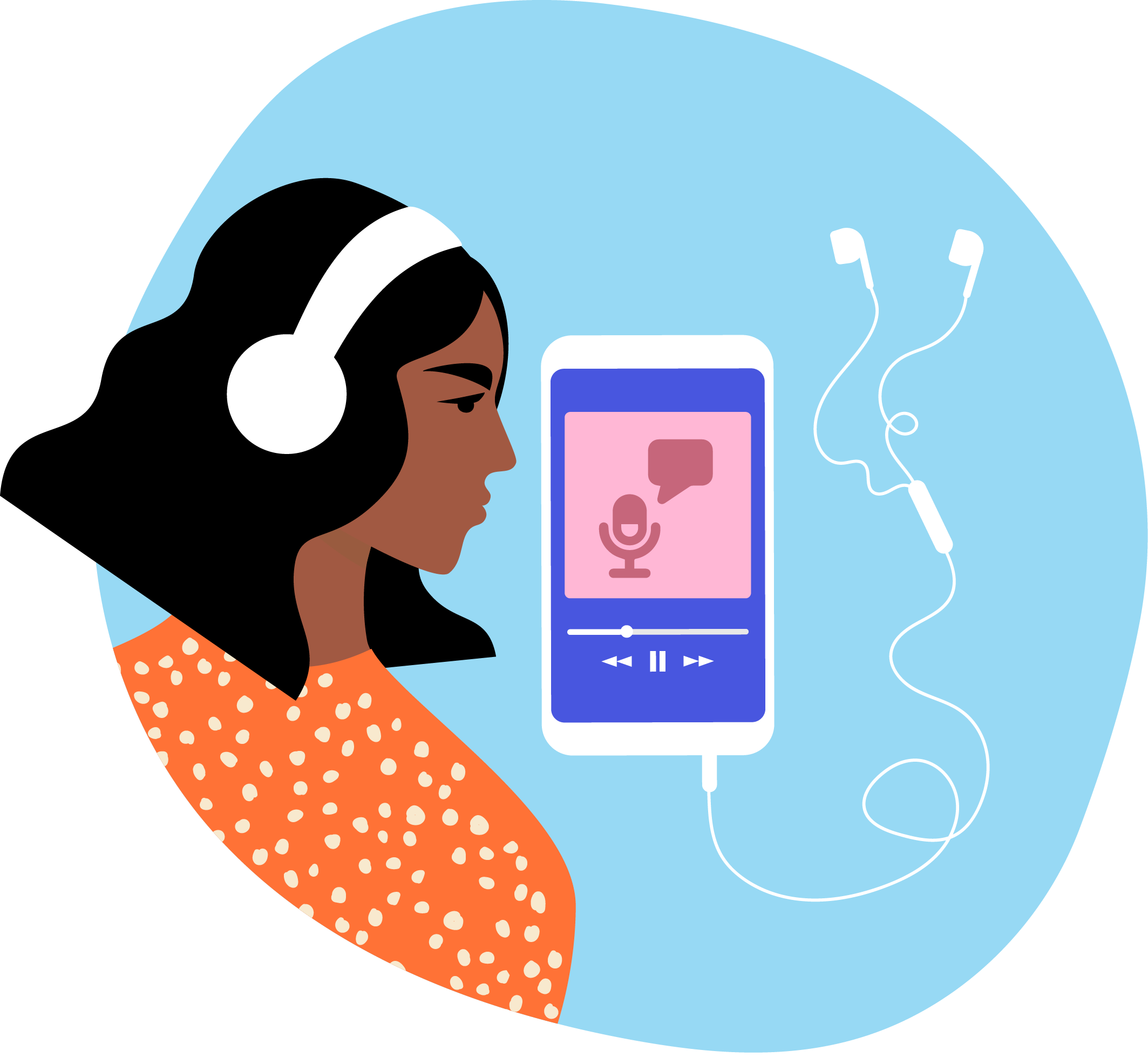
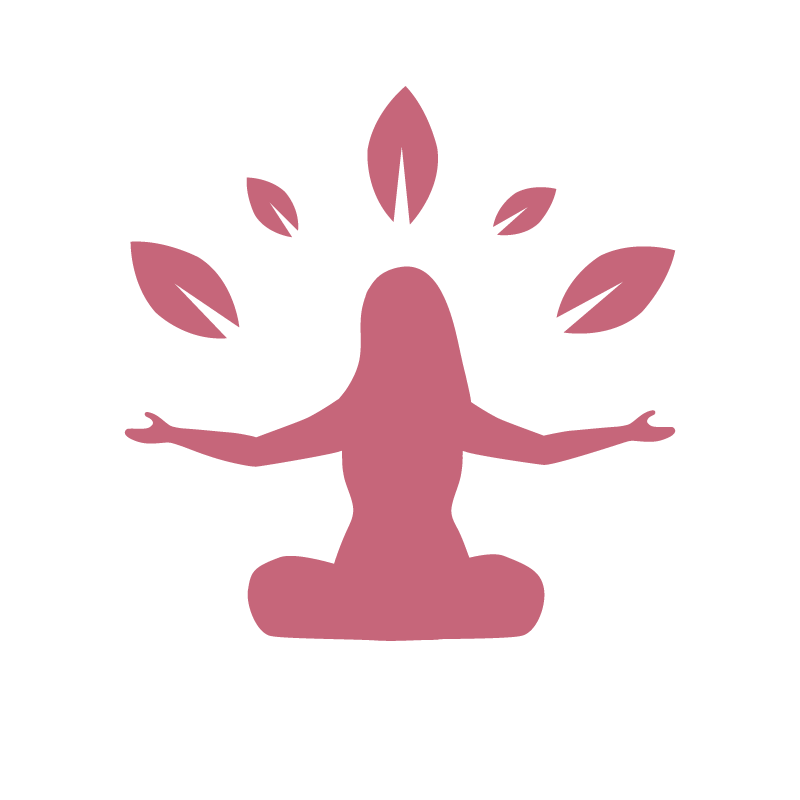
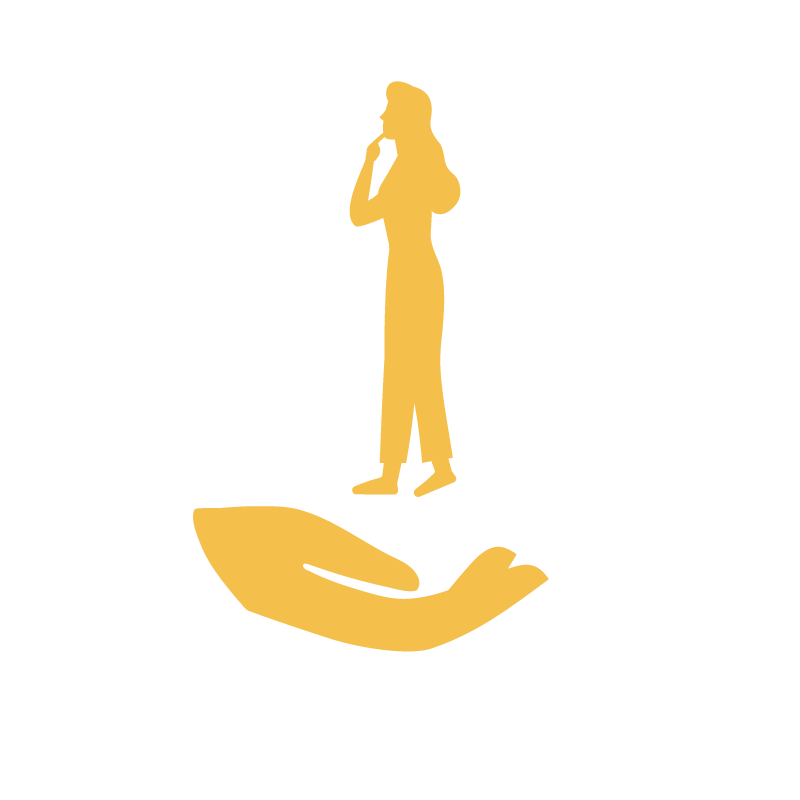
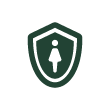
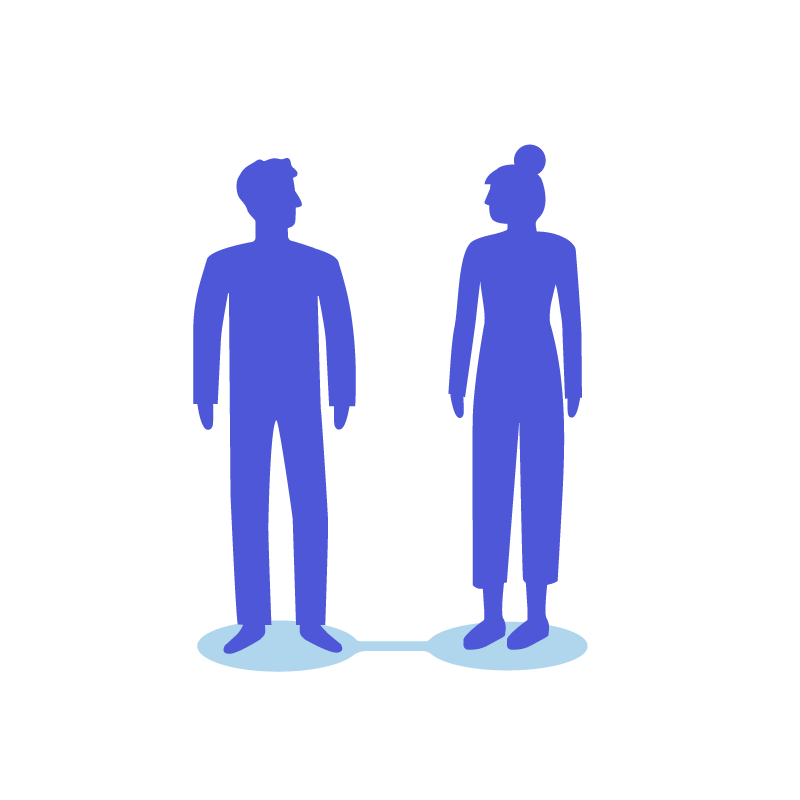
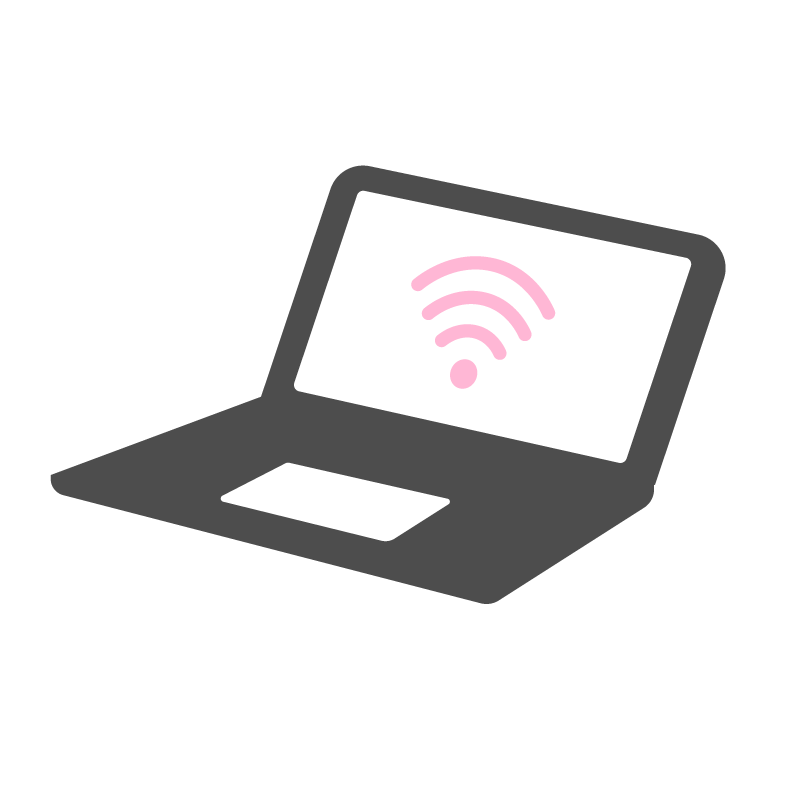


 Let's talk about it podcast: Life saving health care for survivors of rape
Let's talk about it podcast: Life saving health care for survivors of rape